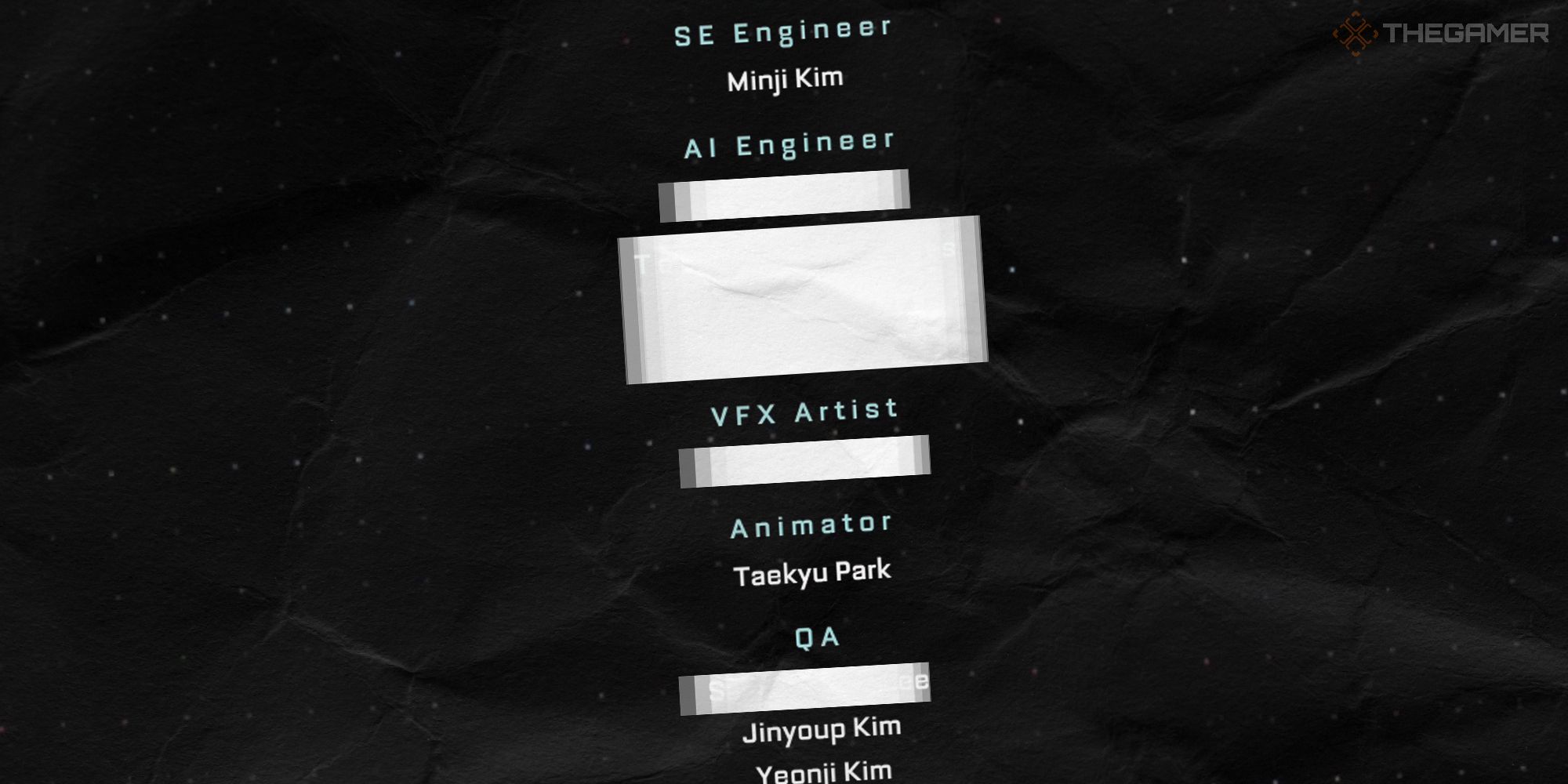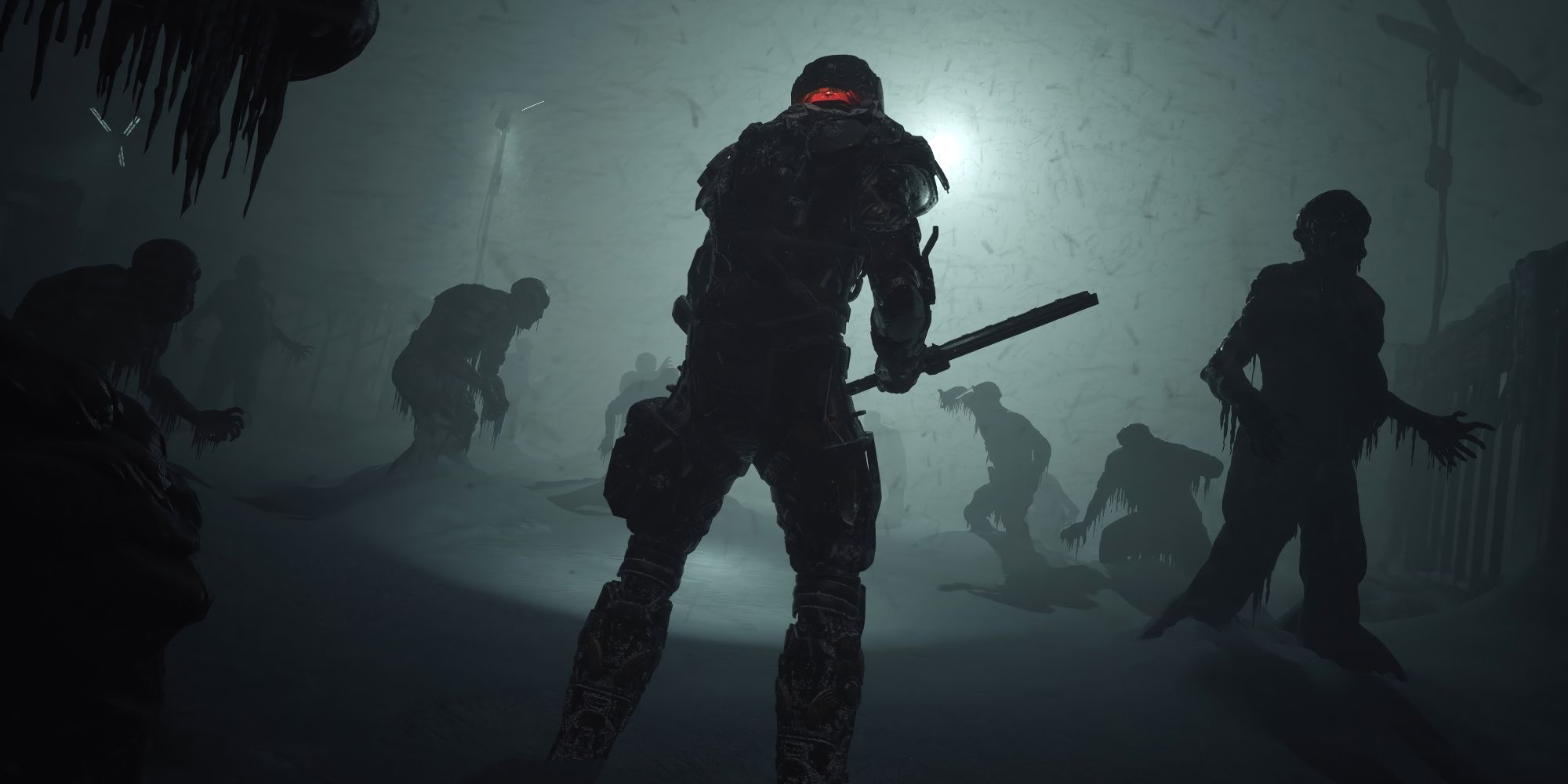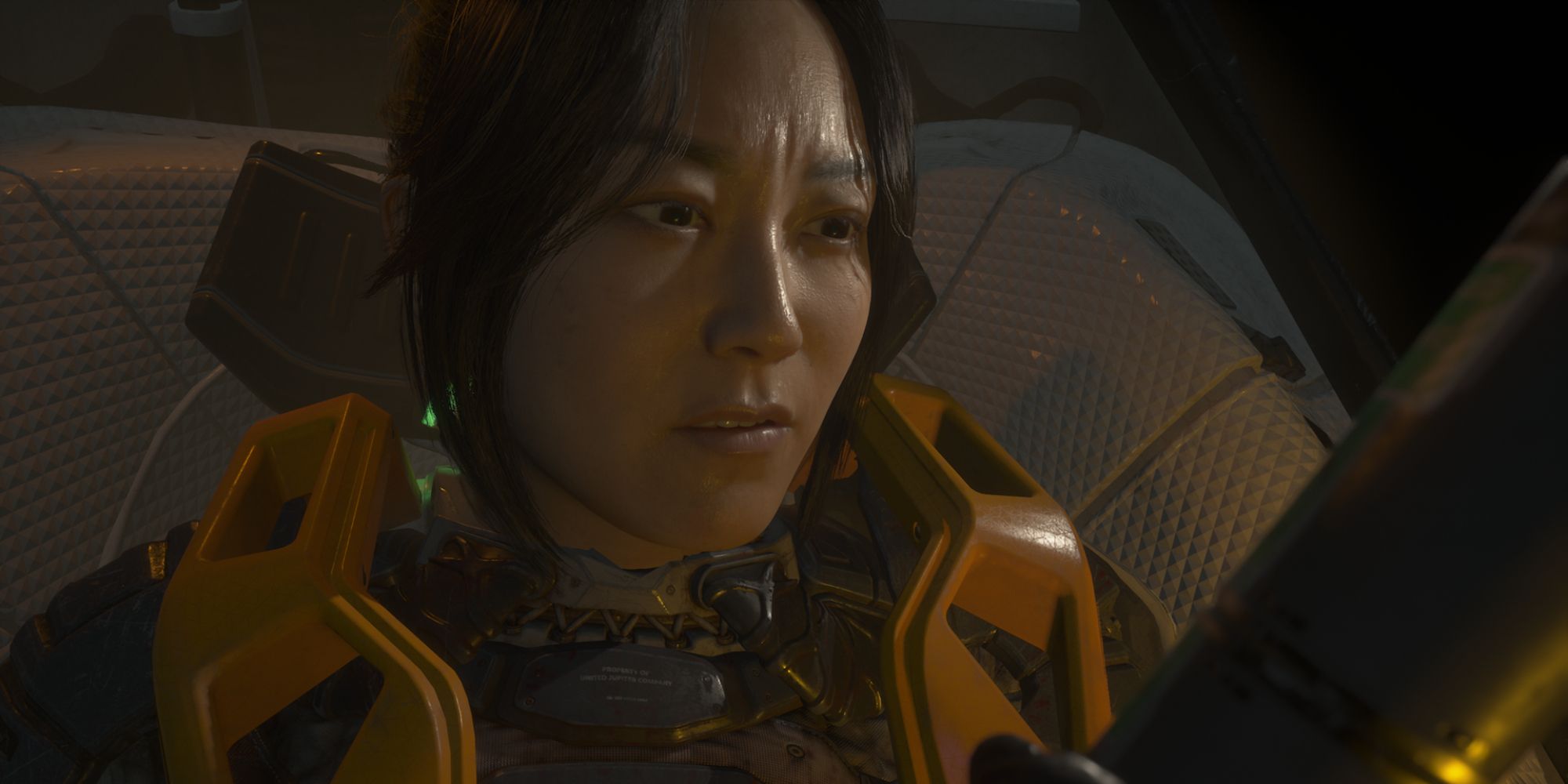No one watches the credits of anything. I think a lot of us were unaware of how long movie credits were until we had to sit and watch them to find out Captain Bleepblorb was going to be in Doctor Strange 5. But just because no one reads them doesn't mean they're not important. No one reads the warranty documents for their refrigerator either, but when it starts smoking, you're glad it exists. It recently emerged that The Callisto Protocol may have left several developers out of the end credits, and we should be making more of a fuss about it.
Credits are essentially a resume. They prove you worked on any given game (or movie, or TV show, et cetera). This is particularly important in gaming. Most work in video games is nomadic. Once a game ships, the project is over, and the devs move on. Some stick around for years, climbing up through studio ranks, but many developers work project to project, and they might not even be given the chance to work on ongoing patches, updates, and live-service events. In some cases, the day a game goes gold is the day you're looking for your next gig.
Often a roadblock to getting this gig is being credited. If you've ever looked at a job advert for a games developer, you may have noticed that they require applicants to have worked on X shipped titles. There are two issues here. Firstly, not all games ship. They are cancelled internally before they're even announced, and while your work on one of these projects might hold some water at that studio (that studio that just deleted all of your hand work, and whom you are probably unlikely to trust), it will not matter much to the next studio who have no idea of the quality or quantity of your work. Even if they do ship though, you will need to be credited. That's problem number two. The Callisto Protocol is not the first game (and sadly is unlikely to be the last) to leave developers uncredited.
If someone quits their job, even if you're not particularly happy that it may leave you shorthanded, you can't just decide not to pay them. However, if you want to punish them, you can leave them out of the credits. This has the impact of the indignity of it, but also means their work does not 'count'; it means the game cannot go on their resumes and if they're looking for a job that requires them to be credited on X shipped games, they really need X+1 to make the count.
It's not just used as a stick though - but also as a carrot. Even if there are no sour circumstances around an individual departure, a dev might still not wind up in the credits. Studios tend to hire extra hands on short-term contracts or support studios and agencies, and these are not always credited. That's something to earn, and if you're not part of the core team of workers, you probably aren't going to get credited on the game. However, some of the names left of Callisto's credits were reportedly "full-time employees with over a year invested in the title", so it seems to be more likely the first reason. With around 20 names said to be missed though, it seems like a strange and petty move.
Crediting people costs nothing. It's not something that you have to offer any extra money for, no extra work goes into it on a studio's behalf. I was about to say it's a sign of basic respect, but it isn't even that. It is simply a fact. This person did this work on this game. No respect is needed. They either did work on the game, or they did not. In fact, it is used as a mark of respect, and therefore taken away as a sign of disrespect. If you don't make it to the finish line, even if you carried the game 99 percent of the way there on your back, you probably won't be credited.
It's not a new issue. I don't think I have anything new to say about it. If you work on a game you should be credited for it. It's a simple argument and one few have an answer against. Unfortunately, those with the power to make the decisions don't need an answer. Maybe we're never going to watch the credits. But if we care about games, and we care about the people who make them, we should care about the credits too.



